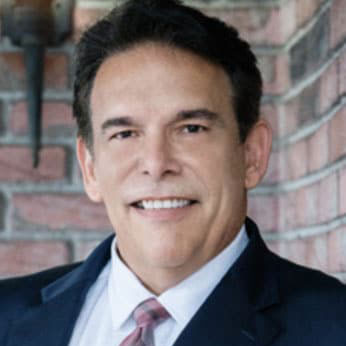
Florida HB 837—commonly known as the Tort Reform Law—took effect on March 24, 2023. The effect of the law is to protect corporations, businesses, property owners and others.
Lawmakers are protecting these types of entities because the legal system can be overburdened and individuals have become increasingly litigious. The new tort reform law in Florida has benefits and detriments to all parties. In general, it favors businesses and landlords over the legal claims of individual plaintiffs.
One aspect of the Florida Tort Reform Law specifically deals with premises liability law.
How Florida tort reform affects premises liability law
HB 837 introduces significant changes to premises liability laws, particularly focusing on property owners' responsibilities and protections against liability for criminal acts by third parties.
Premises liability is the area of personal injury law that applies when someone is injured by a property hazard. This might be a slip-and-fall, animal attack, swimming pool accident, or any other incident that happens as a result of the maintenance (or lack thereof) of property or a condition related to the property.
It also includes negligent security, which is based on the premise that the property owner or manager failed to provide sufficient security, which resulted in the plaintiff being harmed by criminal activities such as assault, robbery, or other violent acts.
HB 837 has made some modifications to previous concepts in Florida premises liability law, specifically with respect to negligent security.
Here are some examples of negligent security:
Inadequate lighting: Poor lighting in parking lots, stairwells, or common areas can create opportunities for criminal activities.
Lack of security cameras: Absence of surveillance cameras can make it difficult to monitor and deter criminal behavior.
Faulty locks and gates: Unauthorized individuals could access the property if the locks are broken or missing.
Lack of security personnel: Not having security guards can be seen as a failure to provide adequate protection in areas with high crime rates.
Presumption against liability
HB 837 establishes a presumption against liability for operators and owners of multifamily residential properties when a claim is based on the criminal acts of third parties. This presumption applies if the property owner has taken specific security measures. The intent is to reduce liability for property owners who proactively implement safety features.
Required safety measures
To benefit from the presumption against liability, property owners must implement the following security measures:
- One-inch deadbolt locks: Install deadbolt locks on doors leading into individual units.
- Lights in common areas: Ensure that common areas are well-lit to deter criminal activity.
- Window locks: Install locks on windows accessible from the outside.
- Gated/fenced pool areas: Install gates to secure pool areas and prevent unauthorized access.
Negligent security claims
Joint and several liability is typically used when there’s more than one defendant in a lawsuit. If found liable, the defendants would share responsibility for the damages.
The new law replaces joint and several liability with a new comparative negligence standard. If there are multiple defendants, each defendant’s liability is proportional to their amount of fault. The plaintiff must demonstrate that the property owner's negligence contributed to their injuries. If the plaintiff is found to be more than 50% at fault, they are barred from recovering damages.
Liability protection for security-related lawsuits
Property owners can protect themselves from liability in lawsuits involving third-party criminal acts by implementing specified security measures. This is designed to incentivize property owners to enhance security and reduce the likelihood of criminal activity on their premises.
These changes are part of broader tort reforms aimed at reducing litigation costs and improving the predictability of legal outcomes in personal injury cases. Adhering to these new requirements is essential for property owners to limit potential liability and safeguard their interests.
If you require guidance on security-related matters for your property or because you were injured on property you don’t own, the team at Lorenzo & Lorenzo is well-versed on the new law and its effects on plaintiffs and defendants in Florida premises liability lawsuits.

